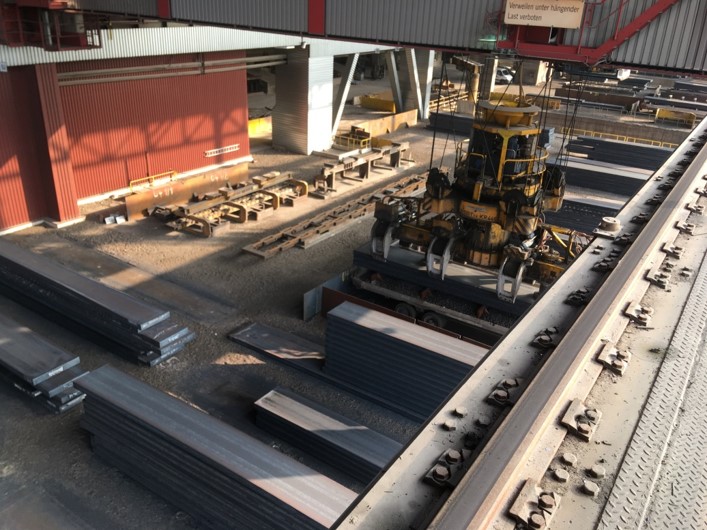Research Challenges
The Josef Ressel Center for Adaptive Optimization in Dynamic Environments (JRC adaptOp) conducts research on methods to meet the following challenges in dynamic production systems:
Uncertainties
In dynamic production systems, uncertainties occur frequently and, in addition, change over time. For instance, when looking at operating personnel, not only does the expertise among individual operators vary, it also happens that collectively among shifts the policies that each shift agrees upon differ. Moreover, a change in policy can cause further deviations.
Disruptive Events
There are many examples of unforeseen events which require counter-measures. Some of these events might have severe consequences, for instance failing to clear a continuous caster in time could cause the whole casting process to stop, which is a very expensive scenario.
Limited Time
Time to react is short, but still good decisions need to be made. Additionally, available time also varies. A timely uncritical situation might quickly turn into a stressful scenario, for instance when a few disruptive events follow each other.
Within JRC adaptOp we are challenged with solving dynamic optimization problems in domains such as warehousing, production, and transportation. A framework of adaptive methods is developed with which we react to observed changes in the environment swiftly. Machine learning techniques are integrated to predict the occurrence of future events, devise potential future scenarios, and select and configure adequate optimization algorithms.
Dynamic Problems
We identify and formulate new dynamic optimization problems. Simulation models are developed that provide virtual environments as testbeds for adaptive optimization methods. These virtual environments provide challenging control problems for even the most state of the art methods. Uncertainty plays an essential role, as effective optimization approaches have to deal with disruptive events. We also introduce new benchmarks that provide promising grounds for optimization research.
Adaptive Methods
Dynamic production environments are characterized by continuous change. We develop new methods that react on these changes while solving hard optimization problems. These methods are executed in sync with the real world and perpetually adapt to the current conditions. In expectation of change events, adaptive optimization predicts and prepares for possible future outcomes.
Integrated Machine Learning
Human operators do not perceive the world in snapshots of data, but rather learn how it evolves and how it transforms. We develop models to describe changes and dependencies in dynamic production systems. By integrating machine learning into adaptive optimization methods, we create solvers that continuously learn, predict possible events and proactively prepare for different scenarios in the future.





